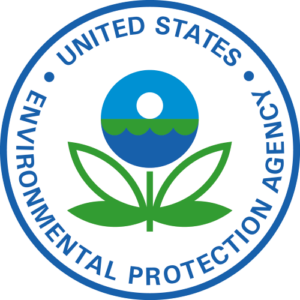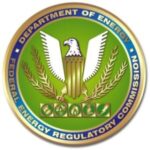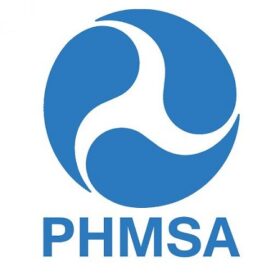
On July 30, 2008, the EPA issued an Advance Notice of Proposed Rulemaking (ANPR) requesting public comment on whether and how the agency should regulate emissions of greenhouse gases (GHG) using its authority under the Clean Air Act (CAA). The ANPR is EPA’s initial response to the U.S. Supreme Court’s April 2007 Massachusetts v. EPA decision holding that GHGs are “air pollutants” under the CAA and the Court’s subsequent directive that EPA determine whether GHGs emissions “endanger public health or welfare.” Under the CAA, such an “endangerment finding” with respect to a pollutant triggers certain obligations for EPA to regulate sources of the pollutant.
INGAA’s comments focus on three primary messages. First, we agree with EPA Administrator Johnson that the CAA is not the appropriate mechanism for regulating GHG. Second, natural gas must and will be an important bridge to a less carbon intensive economy. Third, should EPA consider adopting cap-and-trade programs, pipelines would not be an appropriate or logical point of regulation to cover emissions associated with natural gas.
INGAA comments support the general thrust of comments of the US Chamber of Commerce, which detail why EPA should not make a finding of endangerment under Section 202(a) (1) because it would then trigger a cascade of regulatory compliance issues that would overwhelm both the regulated entities and the federal government. INGAA’s comments also support the comments of the American Gas Association, which focus on encouraging the direct use of gas and the potential negative impacts to gas consumers.







